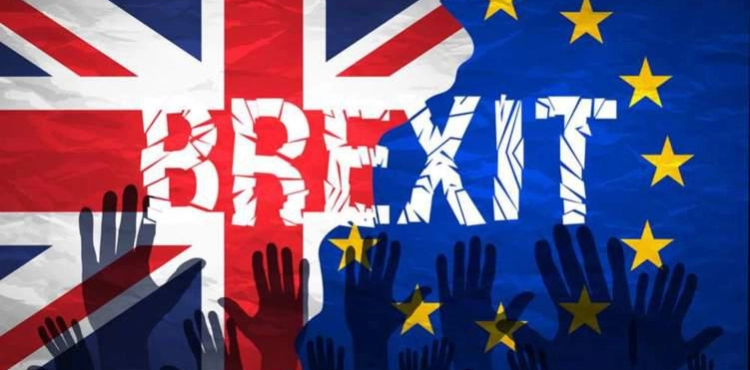Members of the European Parliament considered that it had become "impossible" to ratify an agreement on Brexit in time to enter into force on January 1, after negotiators exceeded the deadline they had set at midnight on Sunday.
"The political games in Westminster have wasted a lot of time. Now it is impossible for Parliament to consider the agreement before the end of the year. We will not agree to any text, that is very important," the head of the largest bloc in the European Parliament, Manfred Weber, wrote in a tweet Monday.
Considering it necessary not to "rush" to decide on the text, he pledged that Parliament would remain a "constructive partner" and indicated that "other mechanisms" could be applied until a potential agreement enters into force, only ten days before the United Kingdom´s final exit from the Union European.
For example, an agreement reached in the last few moments could be implemented temporarily on January 1, for later ratification by the European Parliament. However, several European sources believe that this possibility is not technically possible unless a consensus is reached before Christmas. Otherwise, leaving without agreement at least over a few days, remains the most likely possibility.
"In fact, we will be facing (no agreement), whether technically or not, but on January 1 there will be a big separation and we have to prepare for that," warned the French MP in the European Parliament, Nathalie Luizo.
The European Parliament members ’committee, who are following the negotiations, is scheduled to meet at 08:45 GMT" to assess the situation and discuss next steps, "according to German group president David McAllister.
On Monday, they will resume stalled negotiations, especially over the thorny issue of European fishermen´s access to British waters.
Having officially left the European Union on January 31, an agreement should be struck before the UK leaves the European Single Market and the Customs Union on December 31 at 23:00 GMT.
Otherwise, exchanges between the European Union and London will be subject to the rules of the World Trade Organization, meaning that customs duties and quotas will be imposed, with dire consequences for economies already suffering due to the Covid-19 crisis.












